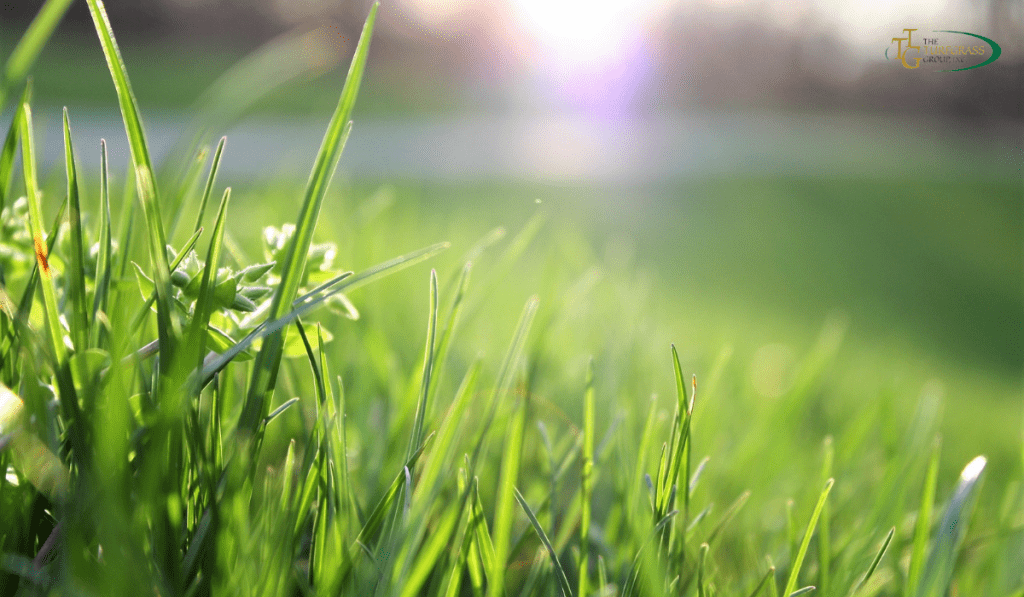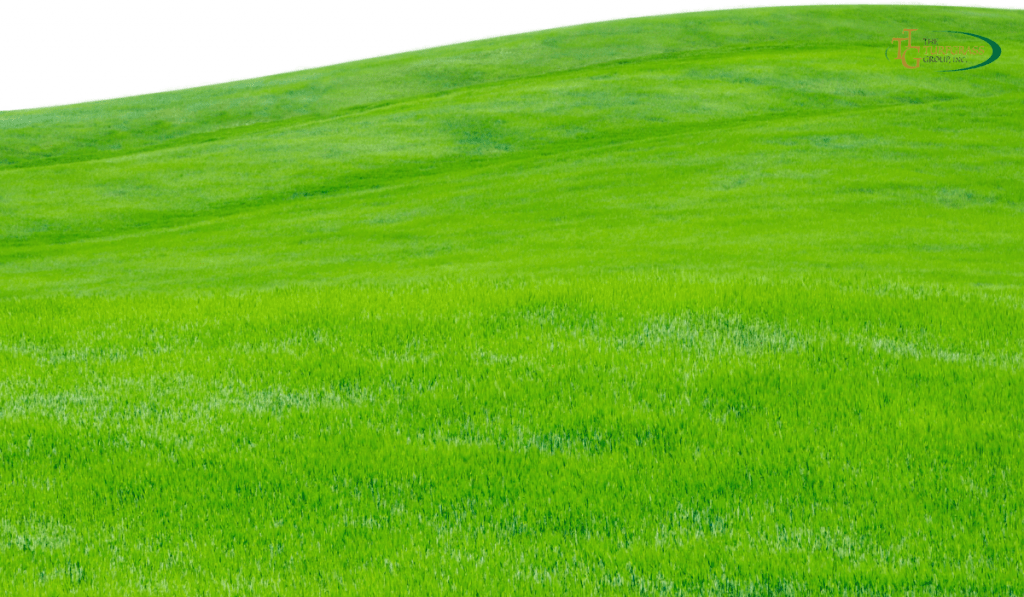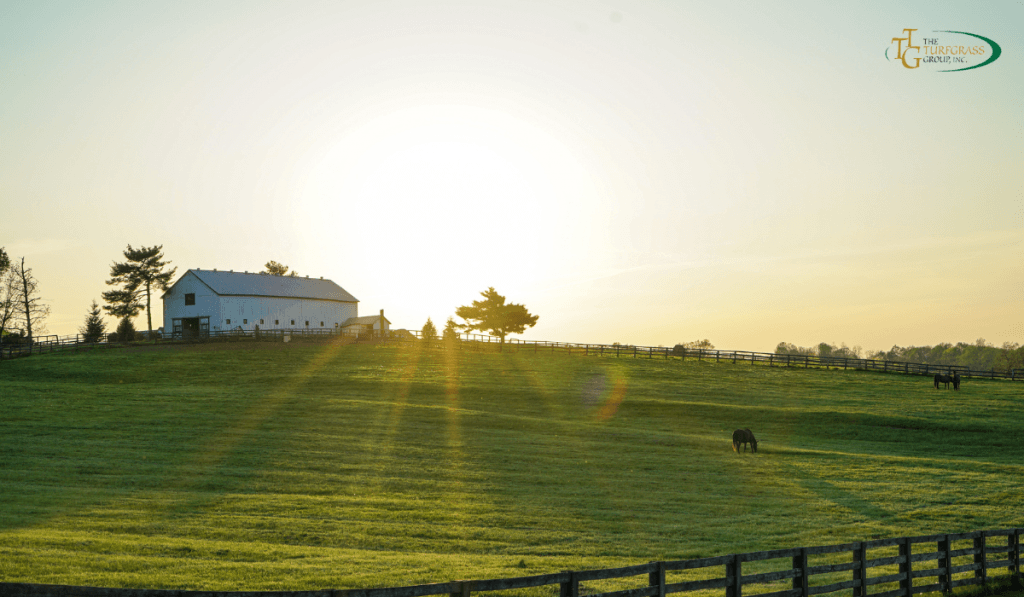
Weeds in Bermuda grass can be a persistent nuisance, detracting from the beauty and health of your lawn. This article will explore practical strategies to control weeds in Bermuda grass, discuss common weed varieties, understand the causes of weed growth, and provide valuable tips to keep your Bermuda grass lawn weed-free.
What Are the Best Ways to Control Weeds in Bermuda Grass?
Controlling weeds in Bermuda grass requires a multifaceted approach that combines prevention, manual removal, and targeted treatments. Here are some of the best techniques to keep those pesky weeds at bay:
- Preventative Measures: Maintain a healthy lawn by mowing at the correct height, watering deeply but infrequently, and fertilizing appropriately. A dense and well-established Bermuda grass lawn can naturally resist weed invasion.
- Regular Maintenance: Regularly inspect your property for any signs of weed growth and promptly remove them manually before they have a chance to spread. Remove the entire weed, including the roots, to prevent regrowth.
- Herbicides: Selective herbicides formulated specifically for Bermuda grass can effectively target and eliminate weeds while preserving the health of your grass. Follow the instructions carefully and apply the herbicide when the weeds grow.
- Cultural Practices: Aerating the soil, overseeding with Bermuda grass varieties with superior weed resistance, and using pre-emergent herbicides can create an environment that discourages weed growth.
What Are the Most Common Weeds in Bermuda Grass Lawn?
Several weed species have a knack for infiltrating Bermuda grass lawns. Understanding these common weeds will help you identify and manage them effectively. Here are a few examples:
- Crabgrass: This annual grass weed thrives in warm weather and can quickly invade bare patches in Bermuda grass lawns.
- Dandelion: Known for its yellow flowers and puffball seed heads, dandelions are broadleaf weeds that can spread rapidly.
- Clover: Clover varieties like white clover and creeping buttercup often enter Bermuda grass lawns. These broadleaf weeds can tolerate various conditions and can be challenging to eradicate.
- Spotted Spurge: A low-growing summer annual weed with reddish stems and small oval-shaped leaves, spotted spurge is a familiar intruder in Bermuda grass lawns.
What Causes Weed in Bermuda Grass?

Weed growth in Bermuda grass can be attributed to various factors. Understanding these causes will help you implement effective weed control strategies:
- Weak Lawn Health: Poor lawn maintenance practices, such as improper mowing, inadequate watering, and insufficient fertilization, can weaken Bermuda grass, making it more susceptible to weed invasion.
- Soil Conditions: Unbalanced soil pH, nutrient deficiencies, and compacted soil create an environment that favors weed growth. Conducting regular soil tests and addressing any imbalances can help prevent weed infestations.
- Invasive Seeds: Weeds can enter your Bermuda grass lawn through various sources, including wind, animals, and contaminated soil. These seeds can lie dormant for years & germinate when conditions are favorable.
Tips for Weed Control for Bermuda Grass
Keeping weeds under control in your Bermuda grass lawn requires consistent effort and proactive measures. Consider the following tips to maintain a weed-free property:
- Regular Inspections:- Routinely inspect your property for signs of weed growth. Early detection and prompt action can prevent weeds from spreading and becoming a significant issue.
- Proper Lawn Care:- Implement adequate lawn care practices, including regular mowing, appropriate watering, and timely fertilization. Healthy and vigorous Bermuda grass can naturally outcompete weeds.
- Mulching:- To prevent the growth of weeds, it is recommended to distribute a layer of organic mulch around plants and in garden beds. Mulch helps smother weeds and conserves soil moisture.
- Hand Pulling:- For isolated weed patches, manually removing weeds by hand can be practical. Remove the entire weed, including the roots, to prevent regrowth.
- Spot Treatments:- Utilize selective herbicides to target persistent weeds. Apply these treatments sparingly and follow the instructions carefully to protect your Bermuda grass.
Keep Your Bermuda Grass Lawn Weed-Free!
Maintaining a weed-free Bermuda grass lawn requires a proactive approach and consistent care. You can ensure your property remains lush and vibrant by implementing preventative measures, promptly removing weeds, and utilizing appropriate weed control methods.
FAQs
What will kill weeds but not Bermuda?
There are selective herbicides available that specifically target weeds while sparing Bermuda grass. In addition, these herbicides contain active ingredients that eliminate common weeds without harming the Bermuda grass.
How do you treat Bermuda grass for weeds?
Use selective herbicides labeled for Bermuda grass lawns to treat Bermuda grass for weeds. Apply the herbicide according to the instructions, targeting the weeds you want to eliminate. Be careful to stay within the recommended application rates.
When should you kill weeds in Bermuda grass?
It is best to kill weeds in Bermuda grass during their active growth phase for optimal results. Therefore, apply herbicides when the weeds are actively growing and not under stress. Follow the instructions on the herbicide label for the most suitable timing.
What are the most common weeds in Bermuda grass?
Common weeds in Bermuda grass lawns include crabgrass, dandelions, clover, and spotted spurge. These weeds can be persistent and require proactive measures for adequate control.
What kills weeds without killing grass?
Selective herbicides formulated for specific grass types, such as Bermuda grass, can effectively target and eliminate weeds while sparing the grass. Depending on the product, these herbicides selectively kill broadleaf or grassy weeds.
Is it too late to get rid of weeds in the lawn?
It is always possible to tackle weeds on the lawn. However, implement weed control measures as soon as possible to prevent further weed spread and support the health and appearance of your property.
How do I identify weeds in my Bermuda grass?
To identify weeds in Bermuda grass, closely examine the plants’ characteristics, such as leaf shape, color, and growth habits. Online weed identification resources, local extension offices, or professional lawn care services can also assist in weed identification.
What are the drawbacks of Bermuda grass?
While Bermuda grass is known for its resilience and beauty, there are a few drawbacks. It can be invasive and spread to unwanted areas if not contained. In addition, it requires frequent mowing and maintenance during the growing season, and it can become dormant and turn brown during colder months.
How do you fix a lawn full of weeds naturally?

To fix a lawn full of weeds naturally, employ organic practices such as hand pulling weeds, overseeding with grass varieties that can outcompete weeds, improving soil health through composting, and utilizing organic weed control methods like vinegar or boiling water.
What kills weeds permanently?
Removing weeds can be challenging, as new weed seeds can constantly be introduced to the area. However, implementing a combination of manual removal, proper lawn care practices, and selective herbicide applications can help keep weed populations under control.
What to do if your whole yard is weeds?
If your whole yard is overrun with weeds, comprehensive weed control measures may be required. Start by identifying the types of weeds present and choosing the appropriate herbicides or methods to target them. Next, consider contacting a professional lawn care service for assistance in restoring your yard.
Is it worth it to pull weeds from the lawn?
Pulling weeds from the lawn is beneficial as it helps prevent weed seeds from spreading and competing with your grass. In addition, regular weeding can improve your property’s overall appearance and health.
What month do weeds stop growing?
Weeds can continue to grow throughout the year, although their growth rate may slow during colder months. However, certain weed species thrive in cooler temperatures. Therefore, implement weed control practices consistently to prevent weed growth year-round.
What month should I spray for weeds?
The best time to spray for weeds depends on the specific weeds and your region. However, as a general guideline, spring and fall are optimal times for weed control treatments. Follow the instructions on herbicide labels for the recommended timing.
Can I throw Bermuda grass seed down?
While throwing Bermuda grass seed down can result in some successful germination, preparing the soil properly before seeding is generally recommended. Ensure good seed-to-soil contact by raking the area, removing debris, and watering appropriately for successful establishment.
Does cutting Bermuda grass help it spread?
Cutting Bermuda grass can promote spreading through its aggressive growth habit. In addition, frequent mowing encourages lateral growth and helps fill in thin areas, resulting in a denser and healthier lawn.
Can you put down too much Bermuda grass seed?
Putting down too much Bermuda grass seed can result in overcrowding, resource competition, and poor germination rates. Instead, follow the recommended seeding rates provided by the seed manufacturer for the best results.